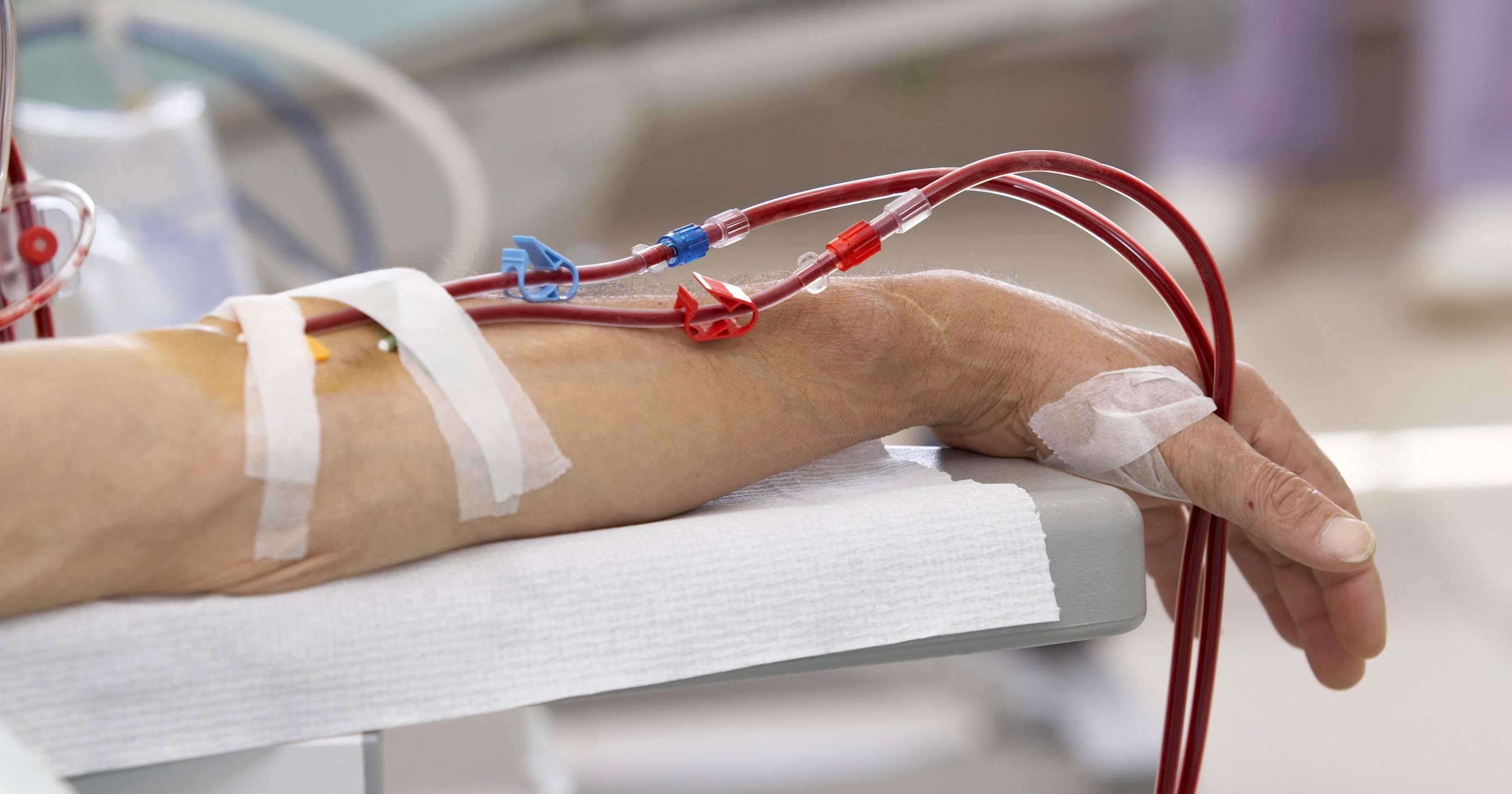Guide To Treating Polycystic Kidney Disease
Drink Plenty Of Fluids

Dehydration is not good for anyone, but it especially important for polycystic kidney disease patients to avoid by drinking plenty of fluids. Plenty of water intake helps amplify the kidneys' function and gives them a nice boost to help them carry out their jobs, and this boost can be imperative for those who have polycystic kidney disease. Ensuring a proper amount of water is being consumed throughout the day can help inhibit the growth of cysts. The growth of cysts is enhanced with a hormone called vasopressin, and higher than the recommended intake of water every day will lower the level of vasopressin in the body. Consuming sodium will cause the body to react to the increased blood concentration by secreting vasopressin. In addition to the stimulation of cyst enlargement, vasopressin also tells the kidneys to operate in reverse by taking water from the urine and putting it back into the blood, when they should be doing the opposite. A consistent and abundant intake of water all day every day will only benefit anyone, and it will greatly benefit those with polycystic kidney disease.
Kidney Dialysis

More then half of the individuals who have polycystic kidney disease will develop end-stage renal disease, which can only be treated with kidney dialysis or a transplant. Around thirty percent of children diagnosed with polycystic kidney disease will require treatment with dialysis or a transplant by the time they reach the double digits. The best type of dialysis is hemodialysis, which is when a giant machine that operates as an artificial kidney is hooked up to a blood vessel to filter the blood and then sent back into the body once filtered. While it can be time-consuming at three to four hours a session several days per week, it is the most effective method to maintain all bodily functions with the presence of end-stage renal disease. The other method of dialysis, peritoneal dialysis, is less effective and takes longer, however, it is more convenient for end-stage renal disease patients because it does not have to be done in a hospital or facility. Some polycystic kidney disease patients may be ineligible for this type of dialysis because the cysts in the kidneys reduce the surface area of the component that has a role in the way peritoneal dialysis works.
